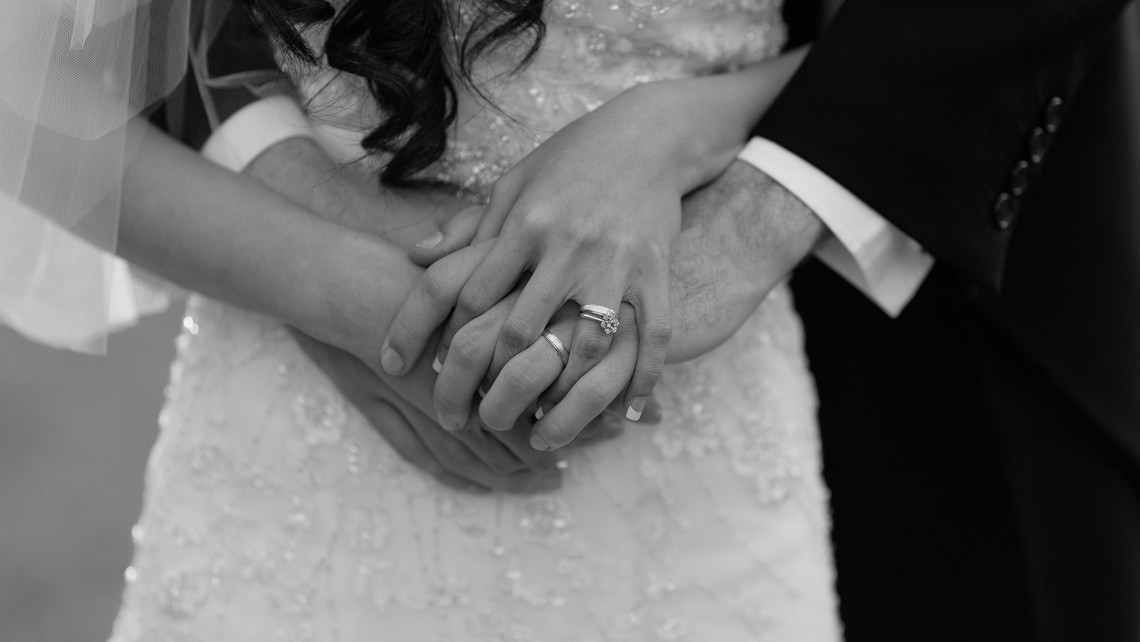
The experience of human love is in part based on the discipline one has over the passions. The thing that we call love is often referred to as a feeling, as if it were merely an emotion that directed us toward a person who is the cause of that feeling. In reality, if love merely were a feeling, a hormonal surge experienced in the brain caused by the presence, actions, and reciprocity of the one loved, then the experience of love is self-focused, or a love based on pleasure or even utility, to borrow from Aristotle’s theory of friendship.
To be clear, this is not in reference to impersonal sexual liaisons which are an indulgence of the reproductive urge in its most base form of passion, where two people engage in sexual activity in a purely utilitarian, masturbatory sense, where reciprocal objectification and use of the other in the momentary satiation of biological reproductive instincts is the primary motivator. Similar to the friendship of pleasure, a love relationship based on pleasure initially derives such pleasure from what the beloved elicits in the one loving. It leads towards a utilitarian approach, albeit this type of love is more personal than a strict utilitarian relationship. This pleasure derives from a deepening personal and physical intimacy with the other that leaves the heart and soul vulnerable and open. This could be the pleasure from a shared look, intimate conversation, physical sensation other than of a sexual nature, and sexual pleasure. The love based on pleasure is a reaction to what the other does for oneself, and the strong emotional and physical reactions of pleasure the other elicits.
A new love between two people is often associated with very strong passions and pleasures, which can be attributed to the novelty of something new, along with the discovery of the intimate knowledge of the other. The flame of new love burns bright and hot as dried kindling lit under a scorching sun, as is programmed in our biological nature. however, if our overall command of the passions is lacking, love will never be more than another extension of satisfying the burning wildfire of all of the passions. One cannot seek pleasure in everything in life if he does not have the ability to curtail the demands of the senses by making a donation of self, which is the foundation of mature, Christian love. Rather, the relationship with the other is nothing more than two persons objectifying each other with the goal of dispensing pleasure.
Love is complicated for mankind. As a complete human being is the synthesis of a soul and a body afflicted with the scourge of concupiscence, the flesh constantly attempts to destroy itself through disordered desires against the will of the spirit. Thus, the spirit is more easily inclined to love as God loves, through willing the Good of the beloved. This is often disrupted by and in direct contrast with how the concupiscent body loves, seeking to serve its passions and desire for bodily satiety. The duality of human love is not exclusive to each aspect, either spiritual or physical, but merely disrupted by the disordered desires inspired by concupiscence in the lust of the flesh. The integration of love in man is ultimately a spiritual union of the whole person in his capacity to love bodily and spiritually, demonstrated perfectly by Jesus Christ in His own humanity. This integration must be ordered to the direction of the soul, in union with God’s love, to properly order the body’s functions towards self-giving love rather than self-gratification.
Jesus Christ, in His humanity, reveals to us the perfection of human love, originated by He who is Love. He who is God became one of those who were merely created in the image and likeness of God, so that in that synthesis of true God and true man, we who had forever lost the perfection of our nature through Original Sin were finally able to reach out to the Father in love and spend eternity with Him through the pouring forth His love in us. Christ was fully human, like us in all things but sin, and through His ultimate act of love on the cross, restored humanity as sons and daughters of God, loving each other as Christ loves us. The perfection of human love is itself made in the image and likeness of God, a trinitarian God whose love is an outpouring of self for the sake of the Other. Jesus’ sacrifice on the cross became for us the perfect model of love sacrificially and unselfishly via complete self-donation.
To sum up, in its proper form, human love is a complete gift of self, body and soul. Through the right ordering of the passions of the body through the pursuit of virtue which increases the receptivity to grace in the soul, which in turn strengthens the resolve of mastery over the body, the human person is capable of loving in the fulness of humanity, body and soul, seeking the good of the other because that person knows what the Good actually is. When love is distorted by the passions because someone has not cultivated virtue and the pursuit of the Good, it no longer is an image of the love of God, but a feeling that exploits others solely for the sensual pleasure of that person.
Chris Ricketts is a trained Freedom Coach with Freedom Coaching. He lives in Virginia with his family. Learn more at freedom-coaching.net





